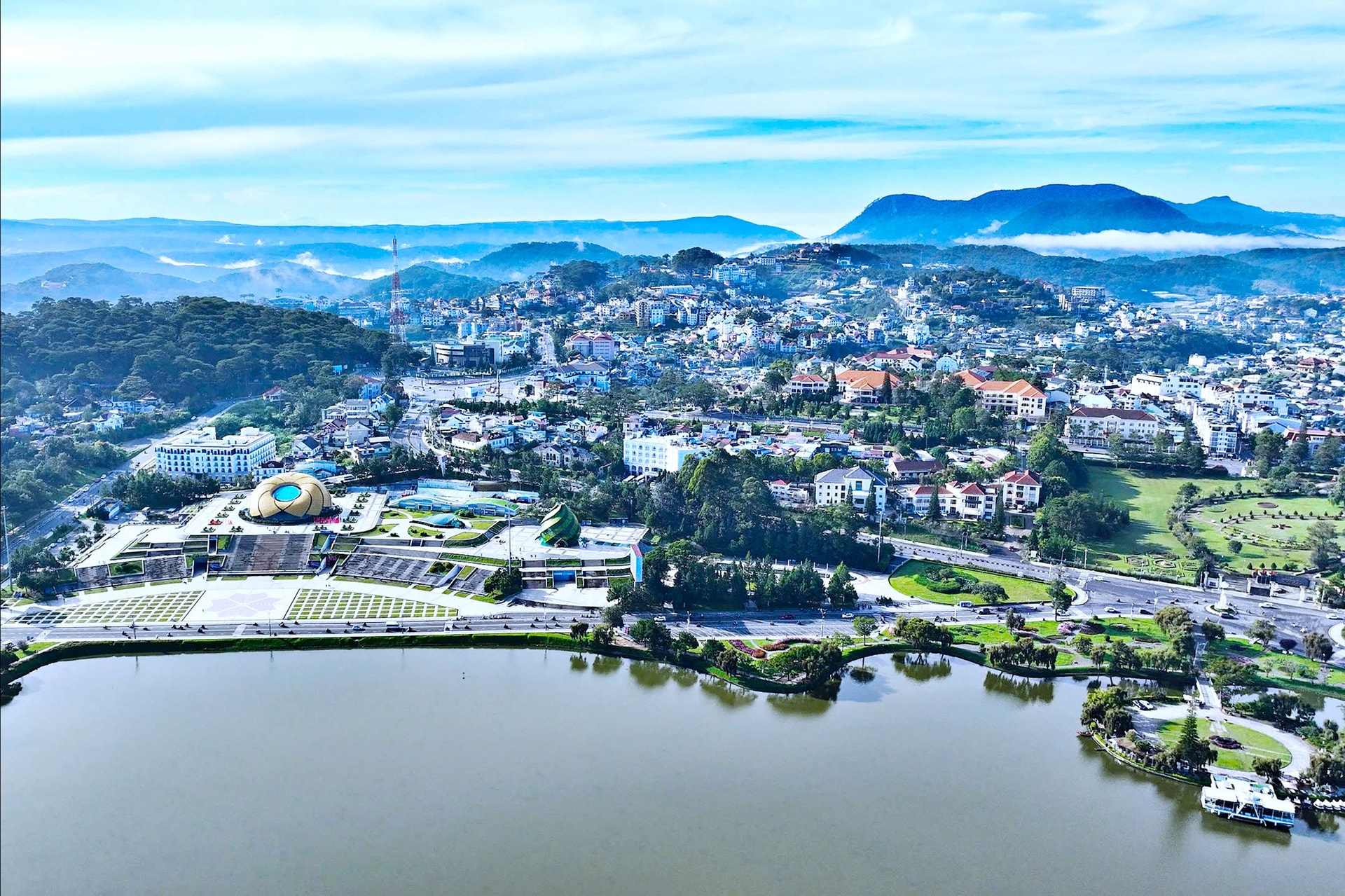
More room
After the administrative restructuring, Lam Dong became the province with the largest natural area in the country with 24,233 km², population of nearly 3.9 million people. The total GRDP of the province exceeded 320 trillion VND, ranking 8th nationwide.
These impressive figures not only reflect the change in scale but also affirm Lam Dong's potential for breakthrough in the fields of investment, production and trade in the coming time.
Lam Dong has a special geographical position when converging the advantages of all 3 regions: plateau, coastal and mountainous Central Highlands. As the center of the Southern Central Highlands, the province plays a strategic role connecting the Southeast, the South Central Coast and the entire Central Highlands.
In particular, Lien Khuong International Airport has become an important gateway, helping Lam Dong expand domestic and international trade, increasing its attractiveness to investment capital flows.
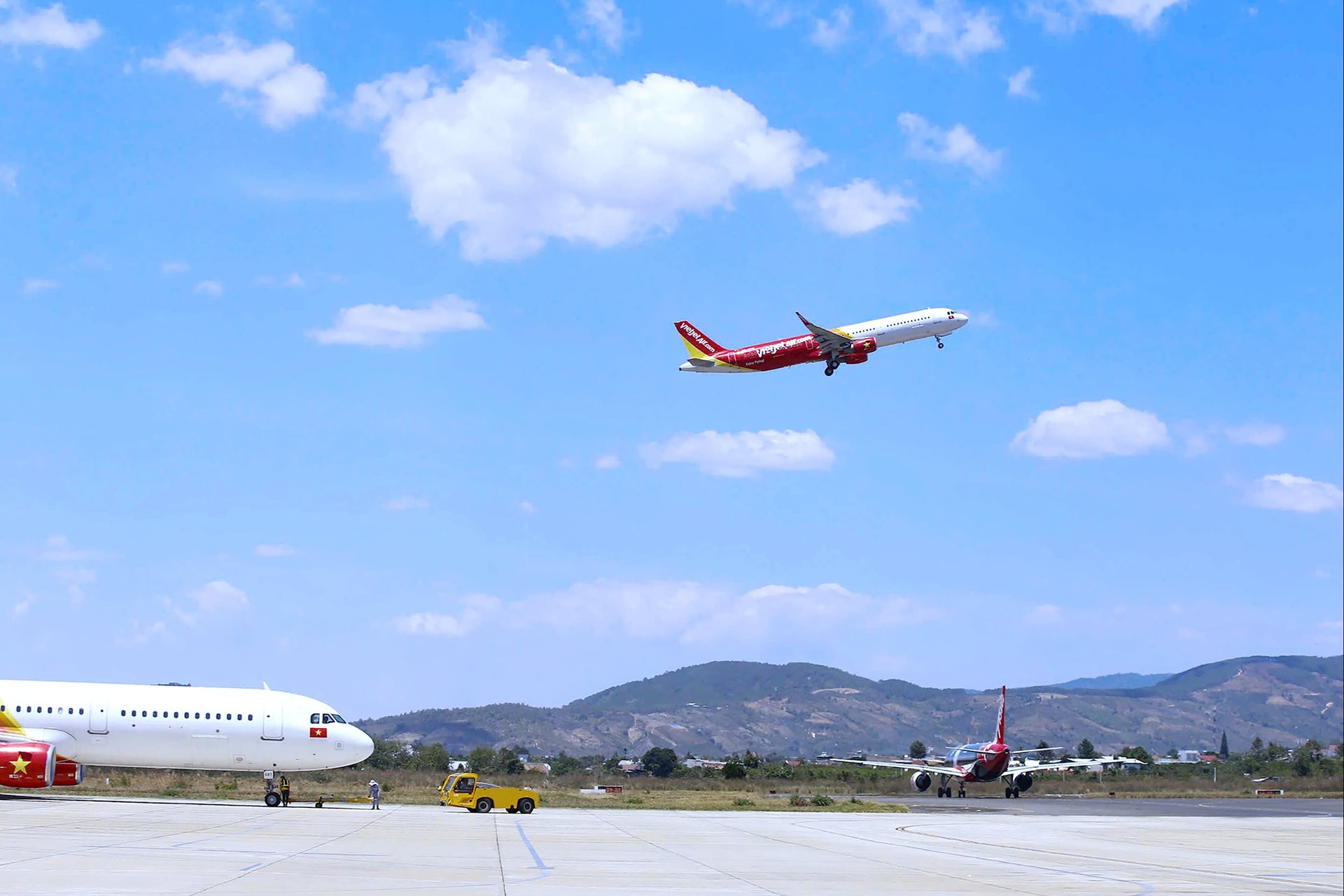
Tourism has long been a prominent “brand” of Lam Dong, with Da Lat welcoming more than 6 million visitors each year, being honored as “ASEAN Clean Tourist City” and joining the UNESCO Global Creative Cities Network in the field of music . Not only has strengths in tourism.
Lam Dong also possesses rich natural resources, including bauxite reserves estimated at more than one billion tons and the Dong Nai river system providing abundant water resources, creating great advantages for hydropower development.
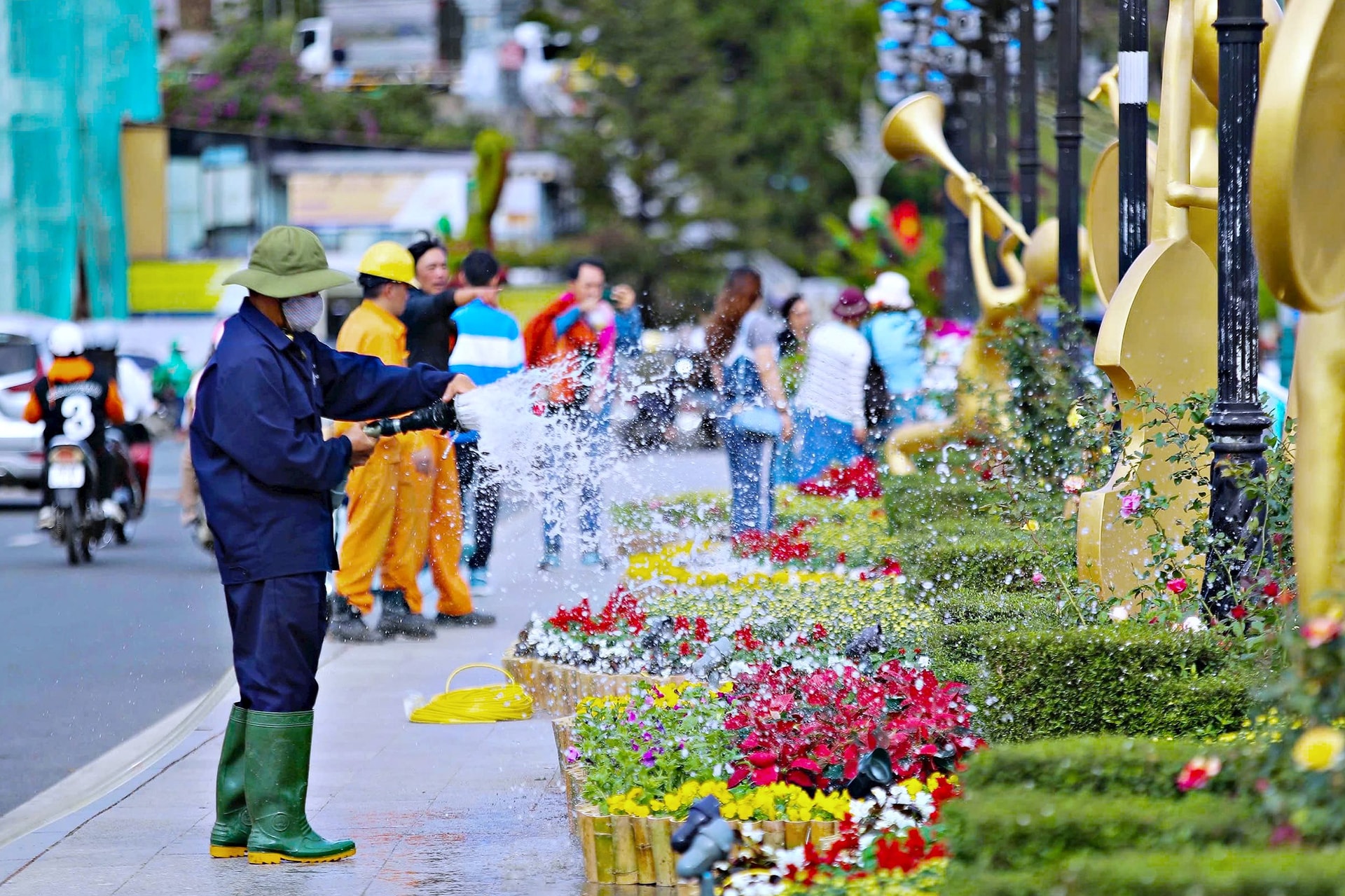
With a large land fund and favorable climate, Lam Dong has a strategic advantage to develop high-tech agriculture. Vegetables, flowers, tea, coffee, dairy cows and medicinal herbs have become key products, gradually affirming the position of the locality on the national smart agriculture map.
At the same time, the province focuses on promoting digital transformation, building e-government and aiming to form a regional digital operations center, creating strong attraction in the context of the booming digital economy.
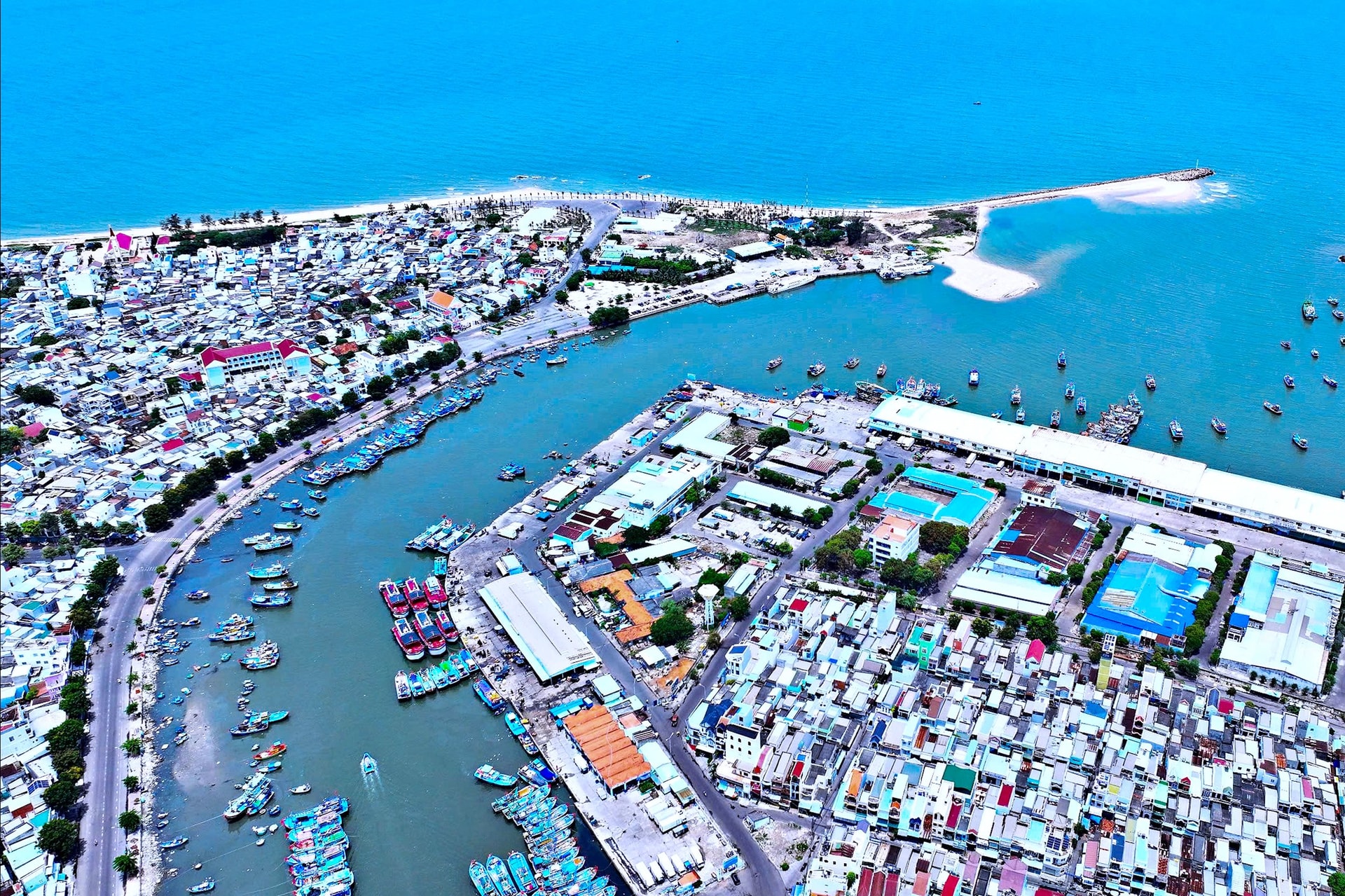
If Lam Dong is considered the locomotive of tourism and high-tech agriculture, then the South Lam Dong area is the gateway to the sea of the region. With 192 km of coastline and a territorial sea area of 52,000 km², the province is among the three largest fishing grounds in the country, exploiting about 240,000 tons of seafood each year.
This is an abundant source of raw materials for the export processing industry, from tuna to scallops, contributing to the formation and affirmation of Lam Dong seafood brand in domestic and foreign markets.
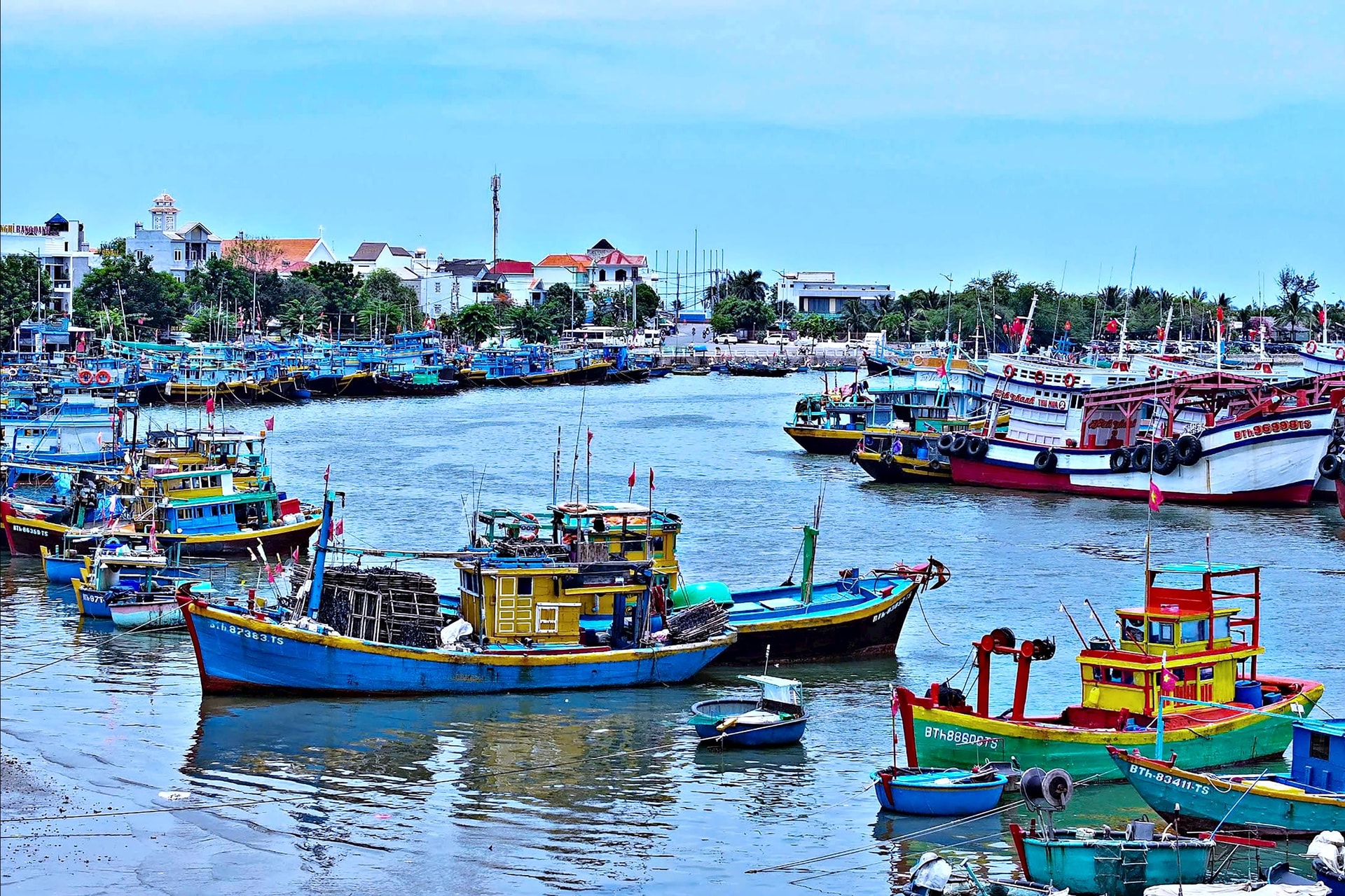
Southern Lam Dong is also known as the “dragon fruit capital” with more than 30,000 hectares, along with tens of thousands of hectares of rubber, cashew, and cotton – creating a solid foundation for the agricultural and forestry processing industry.
Not only strong in agriculture, the province also possesses abundant mineral resources, with glass sand reserves of more than 500 million m³ and about 4 million tons of zircon - the largest in the country. Along with that, offshore oil and gas fields are being exploited and prepared for operation, making Lam Dong an important energy center, contributing to ensuring national energy security.
Along with economic development, the South of Lam Dong also affirms its position in sea tourism with famous landscapes such as Mui Ne, Bau Trang, flying sand dunes, Phu Quy island, along with the Cham tower system, unique festivals - creating an international sea tourism brand.
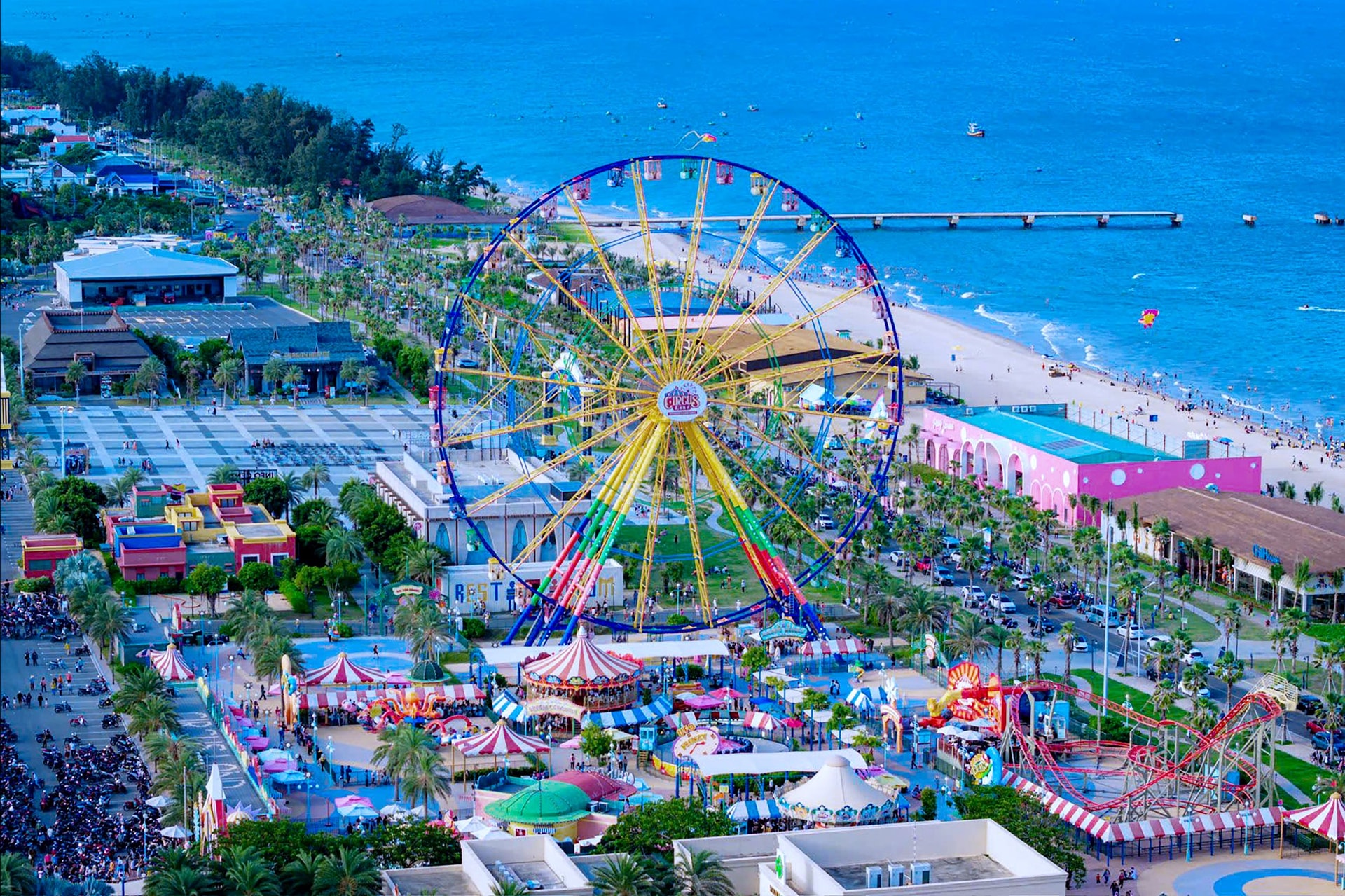
Meanwhile, the West Lam Dong region has added strengths in mining, renewable energy and high-tech agriculture. The fertile basalt land and diverse natural forests create favorable conditions for the development of key agricultural products such as coffee, pepper, durian and rubber.
Wind and solar power are also becoming bright spots on the national renewable energy map. Dak Nong UNESCO Global Geopark opens up the direction for ecotourism and community development. With a border with Cambodia, this area also holds a strategic position in terms of national security and defense of the Central Highlands.
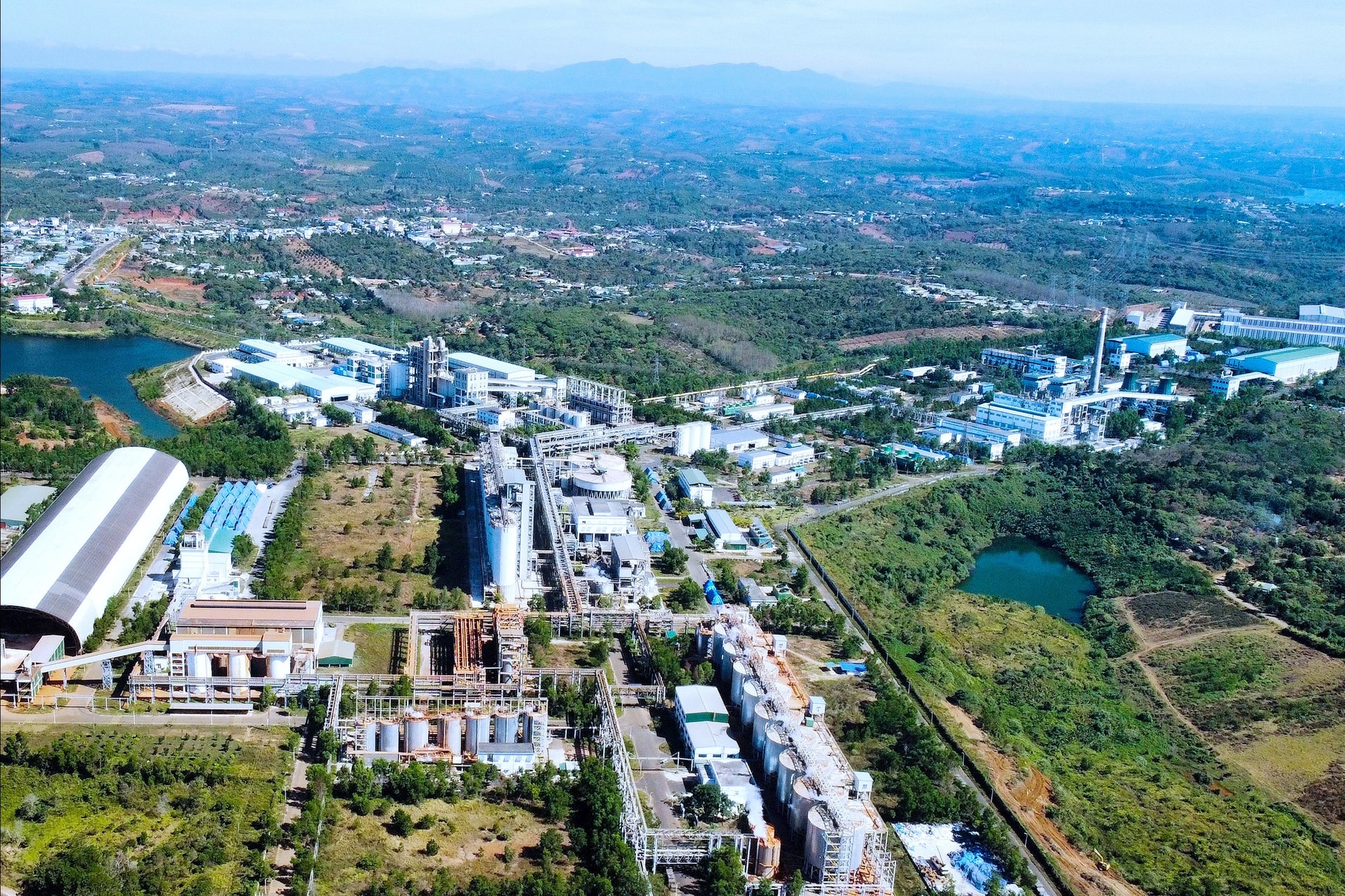
The merger not only resonates advantages but also concentrates resources. Transport infrastructure, health care, education, and culture are planned synchronously, the administrative apparatus is streamlined, and the budget is economical. Businesses and people have more opportunities to cooperate, expand markets, create jobs, and increase income. Old headquarters are reused, increasing investment resources.
With this convergence, Lam Dong is expected to become a dynamic development center of the country, a diverse economic space, where international integration opportunities are wide open and people's lives are improved.
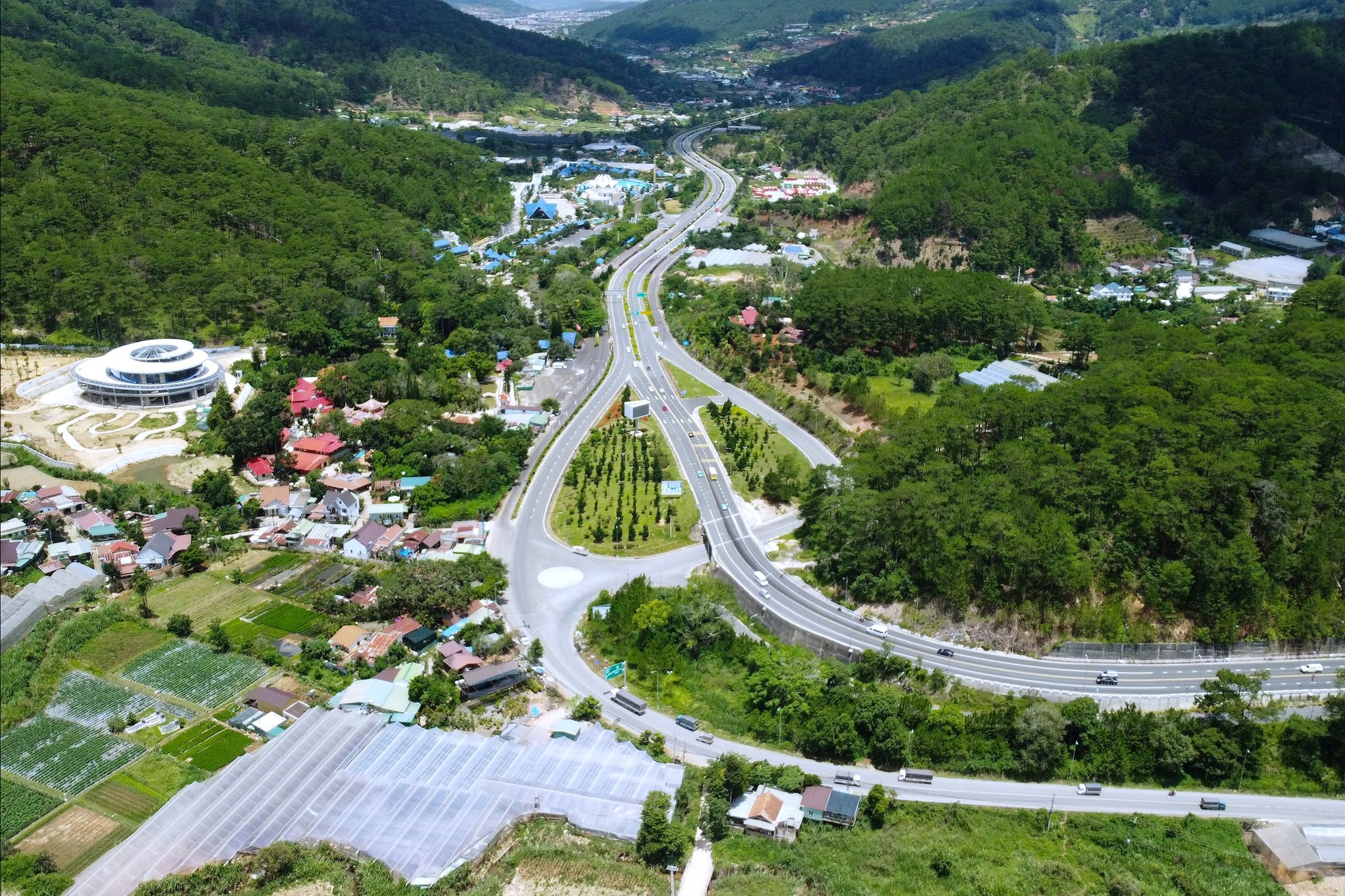
Renewing from old strengths
According to the Provincial People's Committee, after more than three months of administrative unit arrangement, despite many difficulties, Lam Dong has achieved initial positive results and at the same time identified three pillars of economic development.
First of all is the mineral industry and renewable energy. With large reserves of bauxite and titanium, Lam Dong is aiming to become the largest aluminum industrial center in the country.
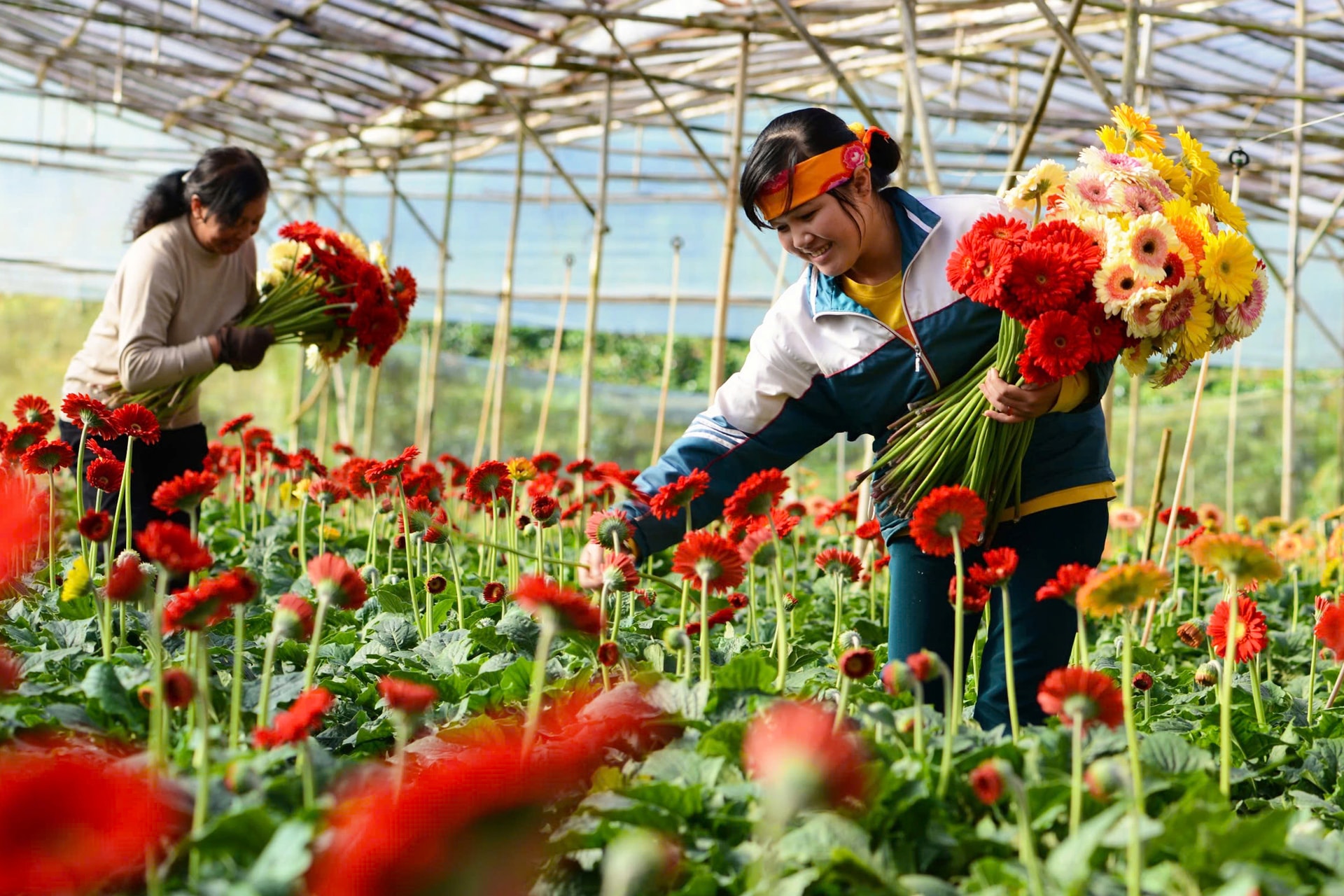
The second is high-tech agriculture - a field that the locality leads the country in, featuring about 500 hectares of flowers, many high-value agricultural products, and creating its own brand.
Third is tourism - a strong growing industry with many new types such as farm tourism, resorts, and medical treatment, increasingly attracting domestic and foreign visitors.
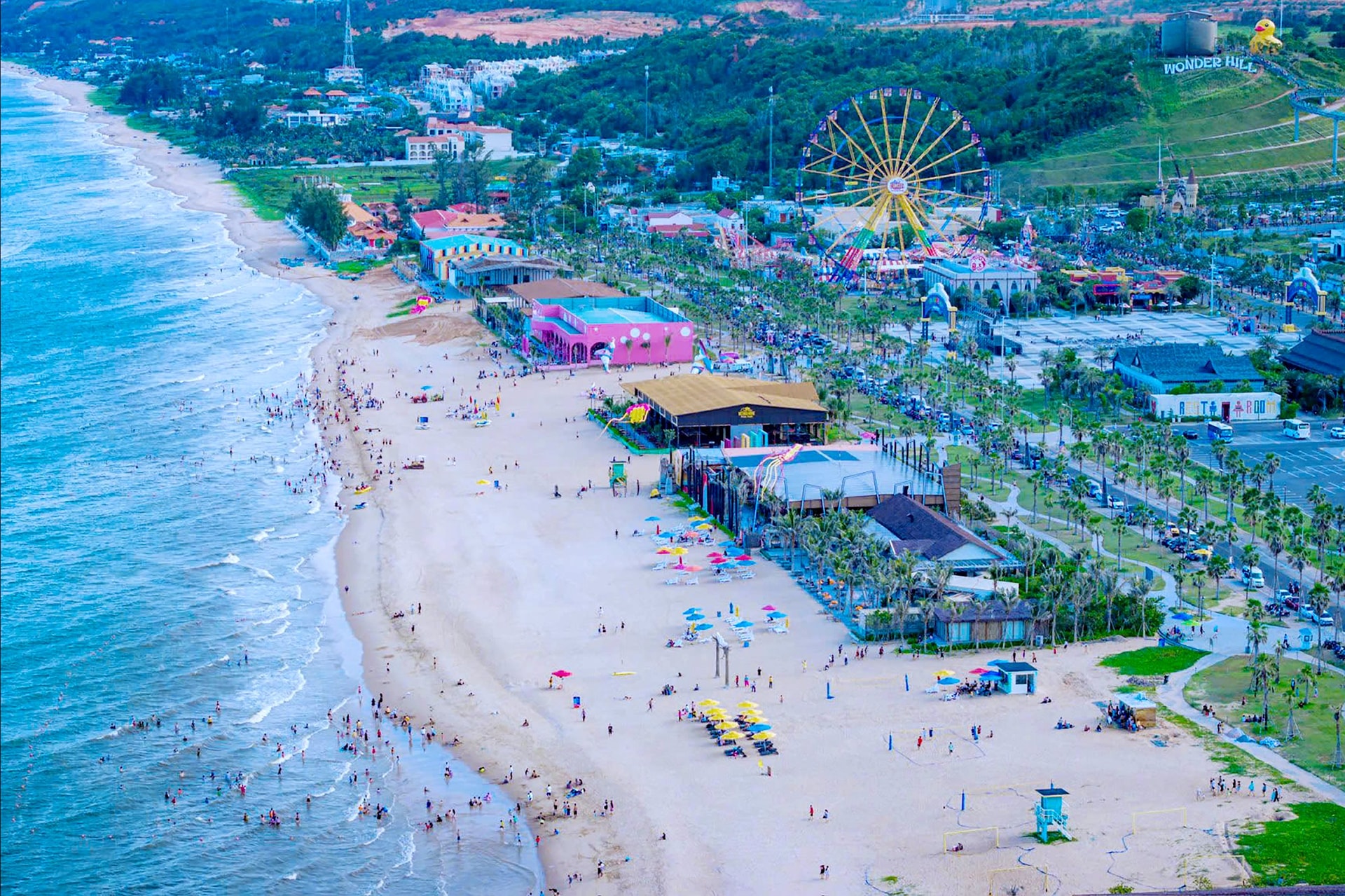
The province's investment and business environment continues to improve significantly. In the first 8 months of 2025, the whole province had 2,216 newly established enterprises with registered capital of 11,700 billion VND.
At the same time, the province approved the policy for 37 new projects with a total capital of over VND13,700 billion, using nearly 674 hectares of land. Up to now, the whole province has 2,934 valid projects, with a total registered capital of about VND2 million billion, including 235 FDI projects with a capital of over VND224,000 billion.
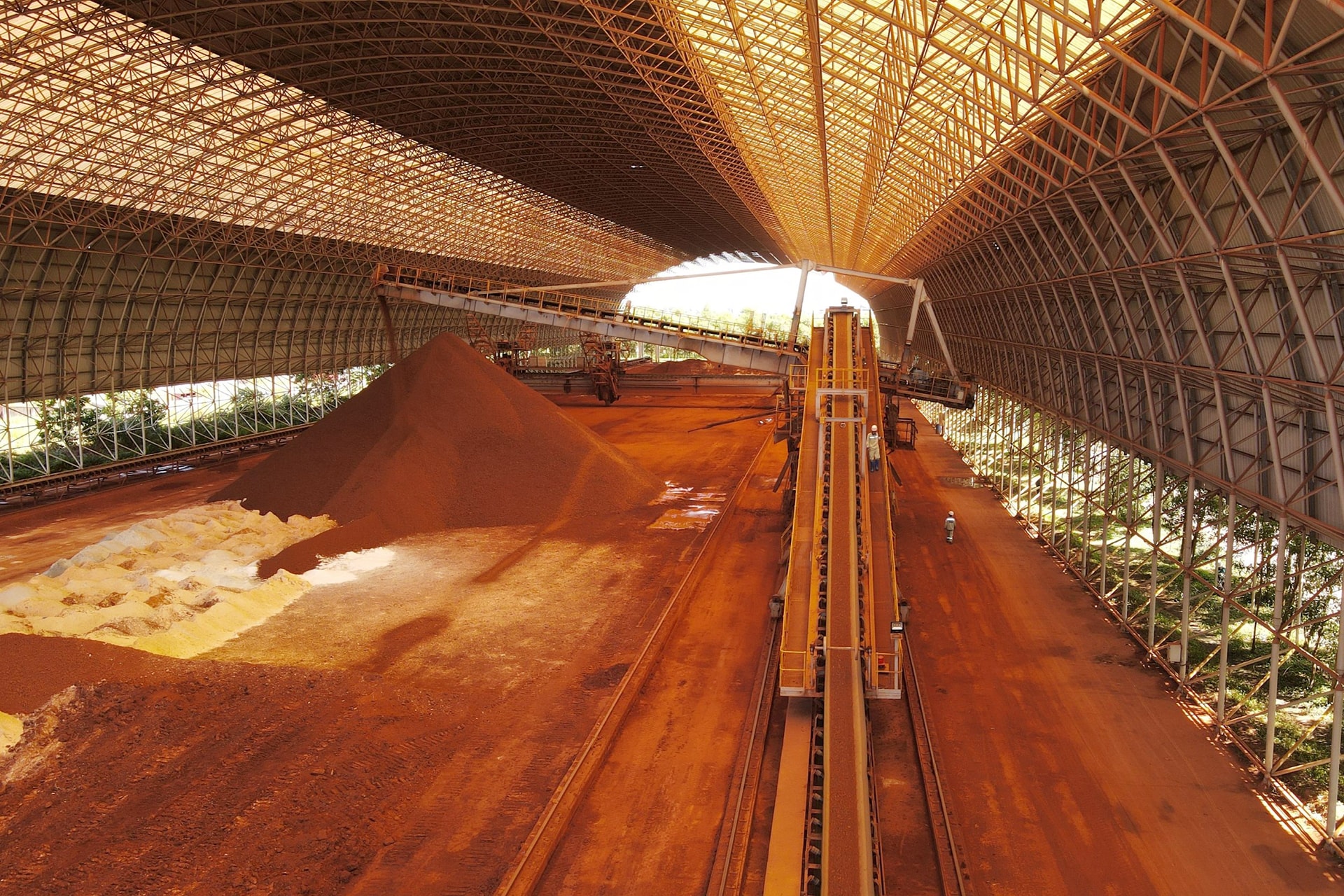
Currently, many large-scale projects are being promoted. Particularly in the mining sector, four bauxite mining and processing complexes in the western region of Lam Dong are completing documents to submit to competent authorities for approval.
High-tech agriculture, tourism, and real estate also attract many large enterprises. Some typical projects: High-tech dairy farming and milk processing area (over 8,000 billion VND), Ocean Valley tourist area (6,400 billion VND), Ham Tien - Mui Ne commercial and service urban area (over 12,000 billion VND).
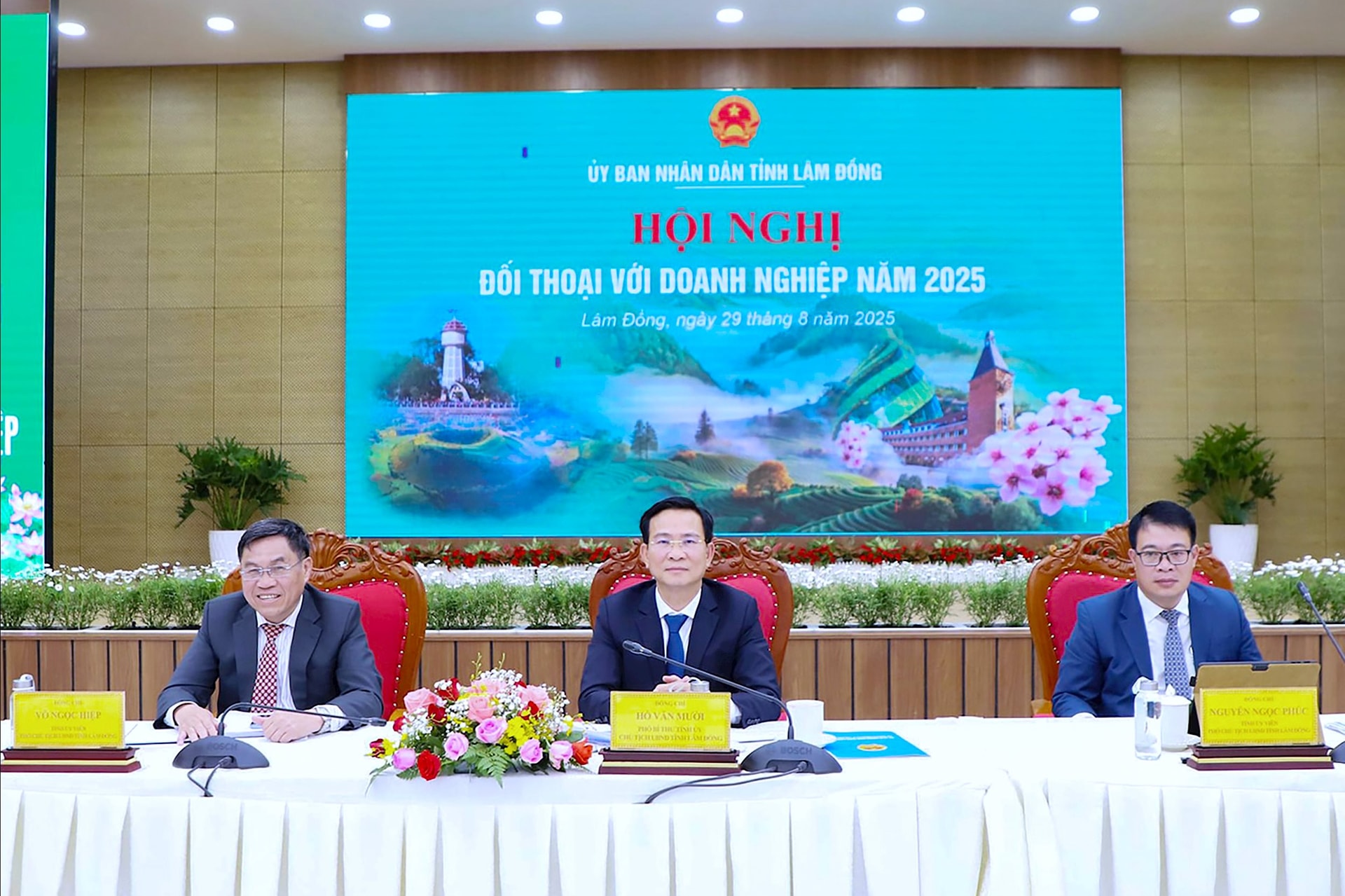
At the 2025 Investment Promotion Conference (scheduled to take place on October 12), Lam Dong province will announce 132 projects eligible to call for investors, including 39 urban projects, 7 tourism projects, 33 industrial - energy projects and many projects in the fields of agriculture and health. At the same time, the province has also built a list of 358 projects calling for investment in the period 2026 - 2030.

Chairman of the Provincial People's Committee Ho Van Muoi affirmed that Lam Dong still has a lot of room for development, but to exploit it effectively, there needs to be close cooperation between the government and businesses. The government is committed to removing obstacles and creating a favorable environment, while businesses must promote initiative, overcome difficulties and speed up project progress.
“The private economy is the key driving force for Lam Dong to make a breakthrough. The government is committed to creating a transparent and favorable investment environment and accompanying businesses,” emphasized Chairman of the Provincial People’s Committee Ho Van Muoi.
Source: https://baolamdong.vn/lam-dong-rong-mo-du-dia-phat-trien-hut-manh-nha-dau-tu-394066.html








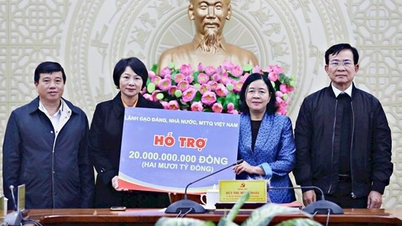

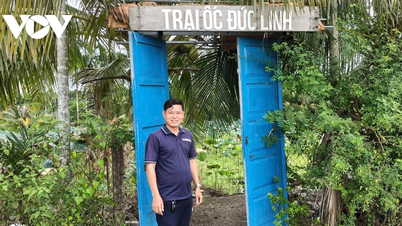

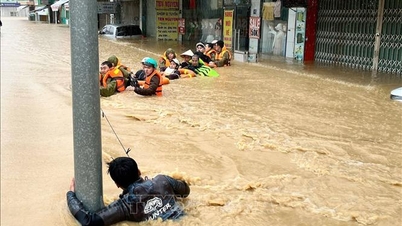

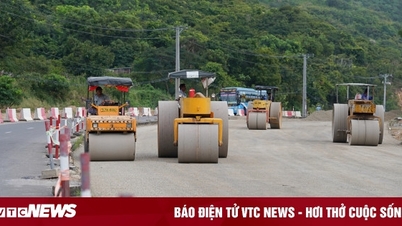

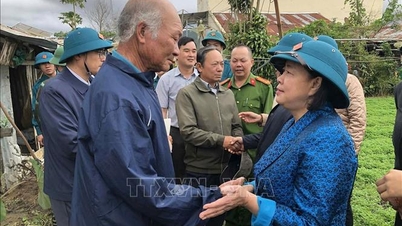
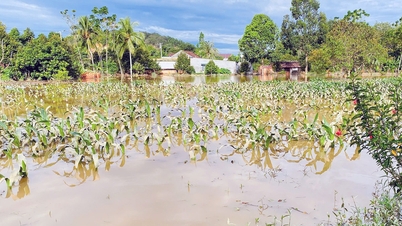



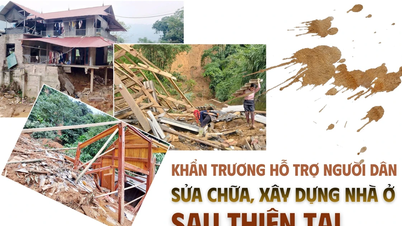







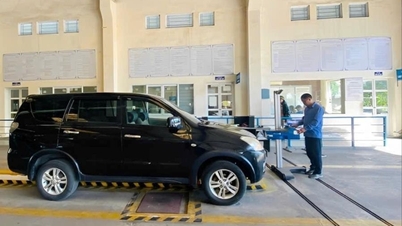






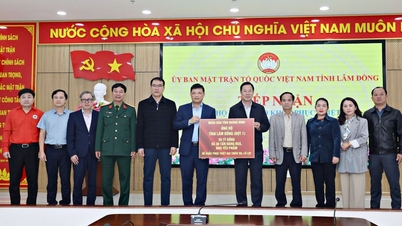
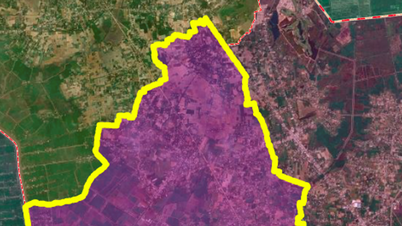
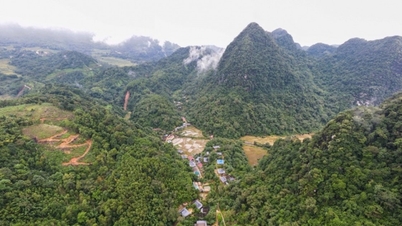
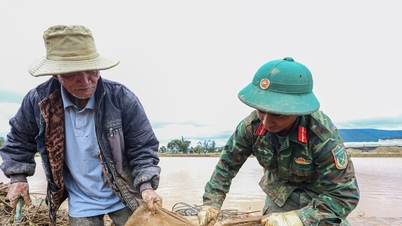
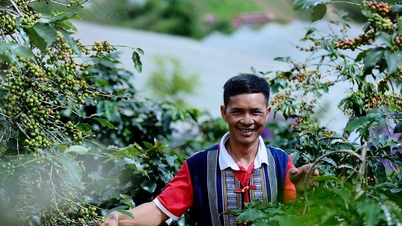

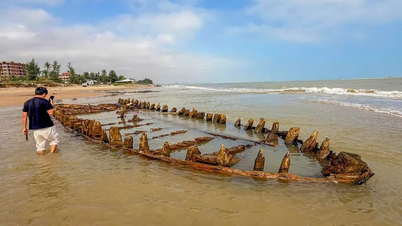

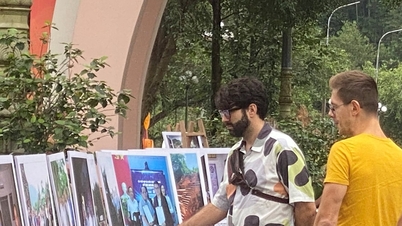



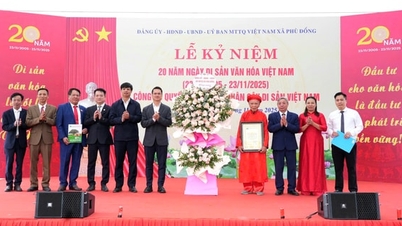




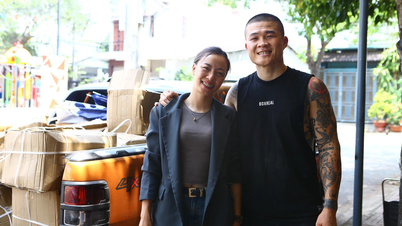

























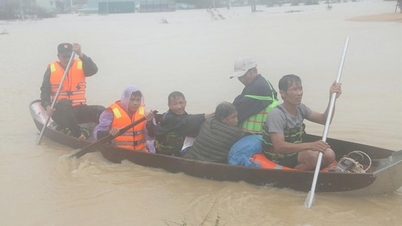

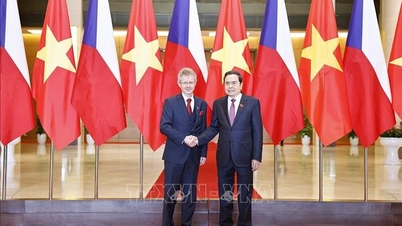

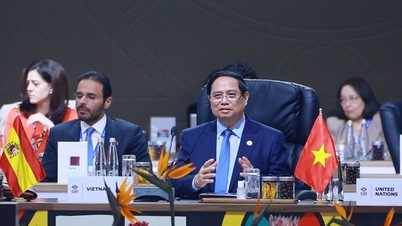





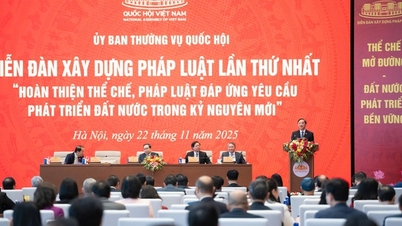

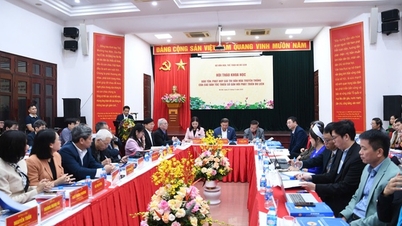

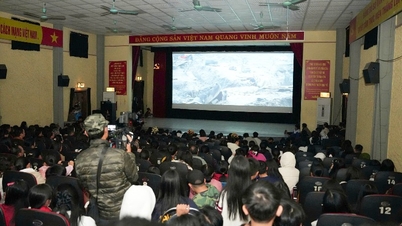

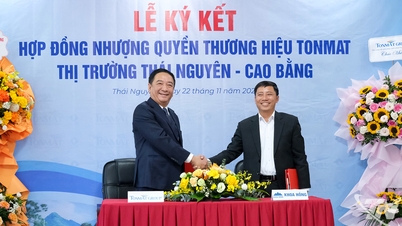

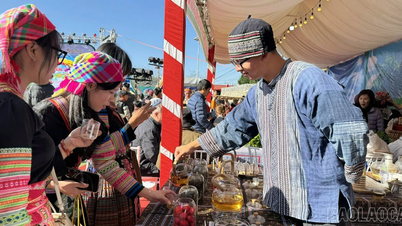













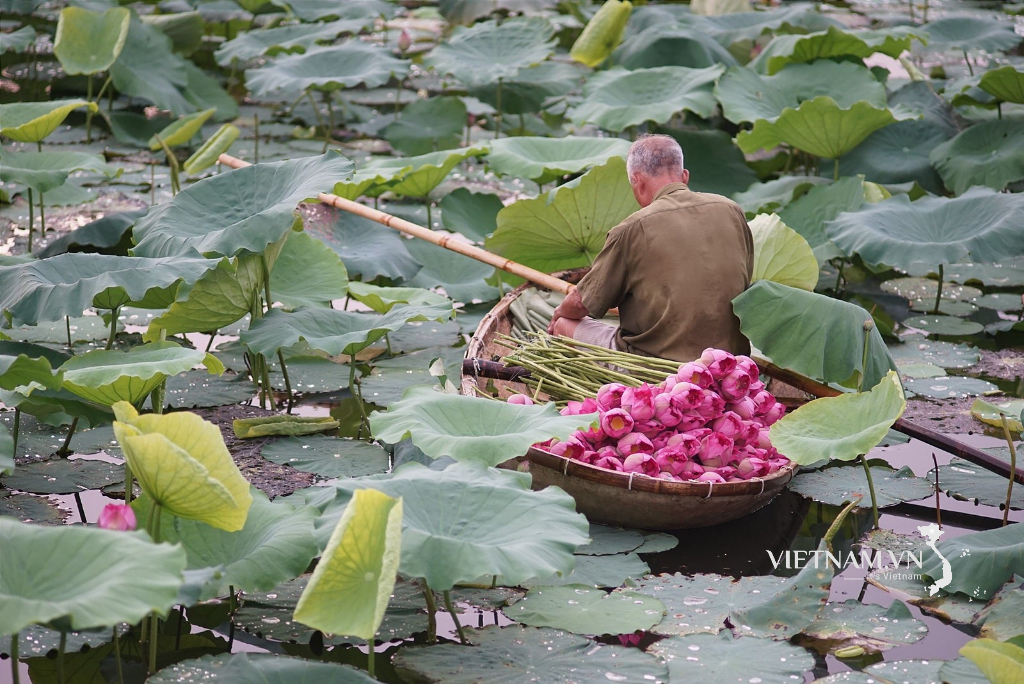
Comment (0)